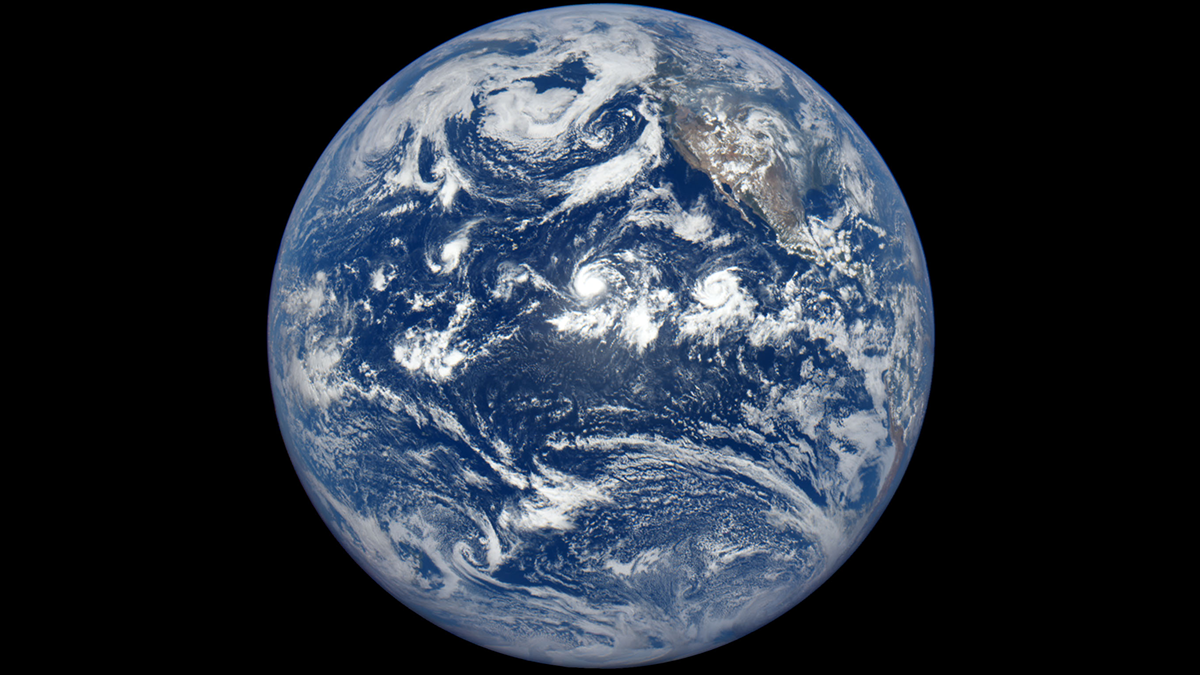La comunidad de geociencias y las agencias de seguridad nacional necesitan una comunicación efectiva y bidireccional para intercambiar información.
science policy
Global Change Research for a More Secure World
Orienting global change science so that it informs national security issues will help us develop interventions that promote social stability and ecological well-being.
Poniendo en práctica la legislación climática
La legislación reciente podría reducir drásticamente las emisiones de carbono en Estados Unidos, pero solo si se aplica adecuadamente y se amplía su uso.
Challenges in Evaluating Climate Sensitivity from Climate Models
In recognition of the 50th anniversary of Geophysical Research Letters, the editors showcase an exceptional study published in the journal that investigates the climate sensitivity in CMIP6 models.
Mars Mission’s Monetary Roller Coaster Hits New Lows
In February, the NASA research center laid off more than 500 people, citing congressional budget uncertainties over the controversial Mars Sample Return mission. What is its path forward?
Foundations in Hazards and Disasters for Undergraduate Students
A new textbook for undergraduates explores different types of natural hazards and disasters through foundational scientific knowledge, engaging case studies, and mitigation strategies.
¿Qué tan peligroso es el volcán Popocatépetl? Depende a quién le preguntes
El estratovolcán en el centro de México presenta un interesante caso de estudio sobre la percepción del riesgo, la comunicación de la ciencia y la preparación en torno a los peligros naturales.
Putting Climate Laws to Work
Recent legislation could dramatically cut carbon emissions in the United States—but only if it’s well executed and widely used.
National Science Board Reports a Need for More Support of STEM Talent
U.S. National Science Board members called for more robust funding for science and engineering.
What Biden’s State of the Union Means for Science
The president briefly mentioned efforts to combat climate change and investments in science as he kicked off his run for a second term.










